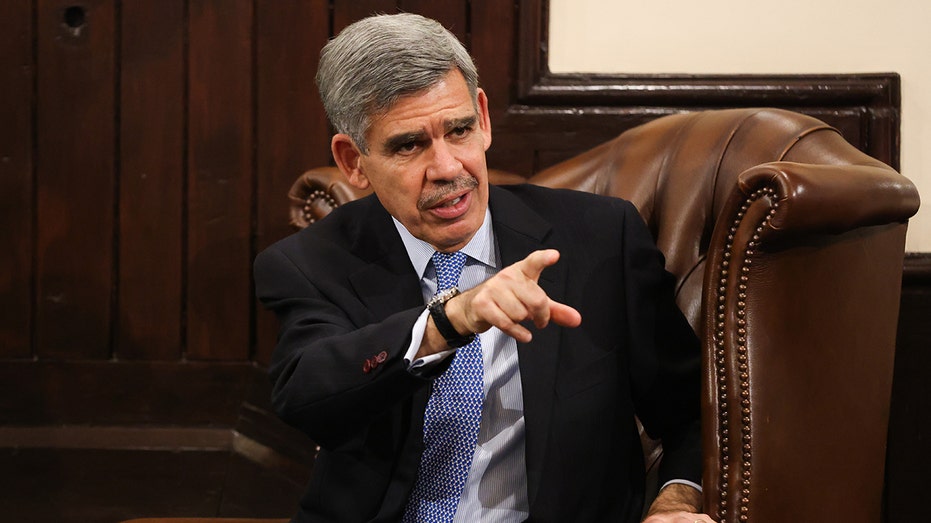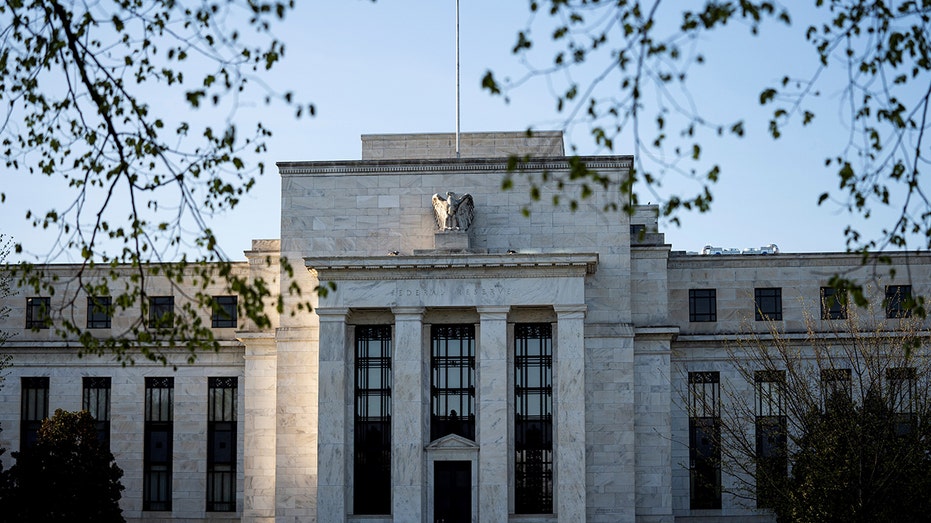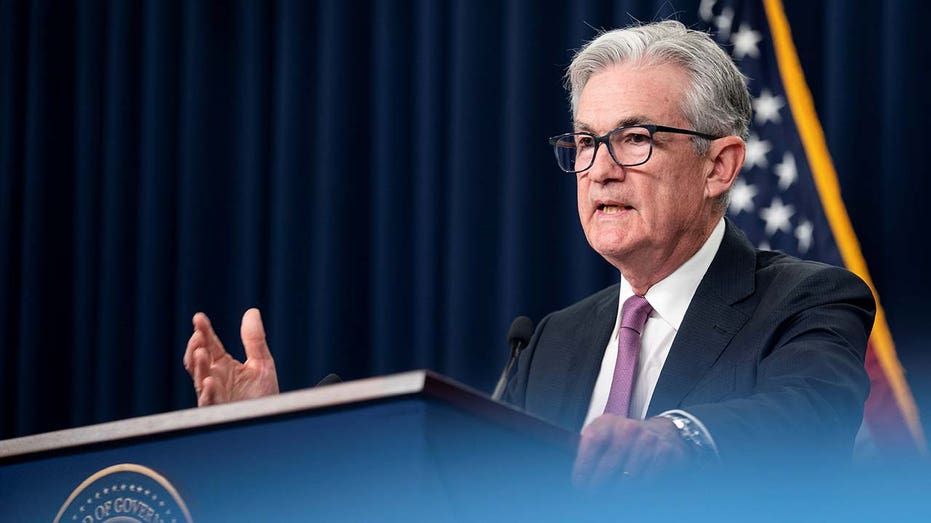Inflation has a 75% chance of rebounding or remaining high, top economist warns
Wall Street underestimating how far the Fed will go to tame inflation: Maria Vassalou
GSAM co-CIO of multi-asset solutions Maria Vassalou reacts to Fed Chair Jerome Powell saying the process of reducing inflation will take time and won’t be smooth on ‘The Claman Countdown.’
Inflation is finally starting to fall, but it would be "dangerous" to assume the problem is fully behind the U.S. economy.
That's according to top economist Mohamed El-Erian, who warned in an op-ed for Project Syndicate this week that there is a 75% chance of inflation either remaining abnormally high, or rebounding and spiking again this year.
The new year began with a bout of optimism that the painful chapter of high inflation in the U.S. was finally coming to a close after the Labor Department reported that the consumer price index fell 0.1% in the month of December and rose just 6.5% from the previous year, the slowest pace since 2021.
But that optimism is misplaced, El-Erian said. He sees equal chances that inflation continues to steadily drop or that consumer prices reverse recent declines and sharply rise again. The most likely scenario, he wrote, is that inflation remains "sticky" and settles around 3% or 4%.
INFLATION STILL OUTSTRIPPING WAGES IN MOST US CITIES
Mohamed Aly El-Erian, chief economic advisor for Allianz SE, gestures during an event at The Cambridge Union with Andrew Bailey, governor of the Bank of England, at the University of Cambridge in Cambridge, U.K., on Thursday, Nov. 25, 2021. (Photographer: Hollie Adams/Bloomberg via Getty Images / Getty Images) "This would force the Fed to choose between crushing the economy to get inflation down to its 2% target, adjusting the target rate to make it more consistent with changing supply conditions, or waiting to see whether the US can live with stable 3-4% inflation," he said. "I do not know what the Fed would choose in such a case, but I would put the probability of such sticky inflation at 50%." While inflation in the U.S. has retreated from a peak of 9.1% notched in June, there are still signs of underlying price pressures in the economy. Gas prices are up 26 cents from one month ago. Core inflation, which excludes more volatile measurements of food and energy, remains stubbornly high. And last week, the Labor Department reported that the economy added 517,000 jobs in January – nearly triple what Wall Street expected. All of that comes despite the most aggressive interest rate hike campaign by the Federal Reserve since the 1980s. Policymakers have lifted the federal funds rate eight consecutive times to a range of 4.5% to 4.75% from near-zero in March 2022. The Federal Reserve in Washington, D.C., on April 20, 2022. (Liu Jie/Xinhua via Getty Images) / Getty Images) FED'S POWELL SAYS BLOWOUT JOBS REPORT SHOWS INFLATION FIGHT HAS A WAYS TO GO Fed Chairman Jerome Powell has lauded the slow but steady decline in inflation, but indicated during a question-and-answer on Tuesday that the central bank has more work to do in its fight to tame consumer prices. Markets expect the Fed to raise rates at least two more times this year, although bets on a higher peak rate are rising following the January jobs report. Several Fed officials this week have indicated they may need to increase rates more than previously expected if the strong economy persists. U.S. Federal Reserve Chair Jerome Powell attends a press conference in Washington, D.C., the United States, on July 27, 2022. (Photo by Liu Jie/Xinhua via Getty Images / Getty Images) That could exacerbate financial pain for millions of U.S. households as borrowing costs climb higher, create more volatility in the stock market and potentially tip the economy into a recession. CLICK HERE TO READ MORE ON FOX BUSINESS But El-Erian said there is more danger in the Fed doing too little than in it doing too much. "If an inflation scare is temporary, the best way to deal with it is simply to wait it out," he said. "That is why this narrative is particularly dangerous. By encouraging complacency and inertia, it could exacerbate an already serious problem and make it harder to solve." Source: Read Full Article



